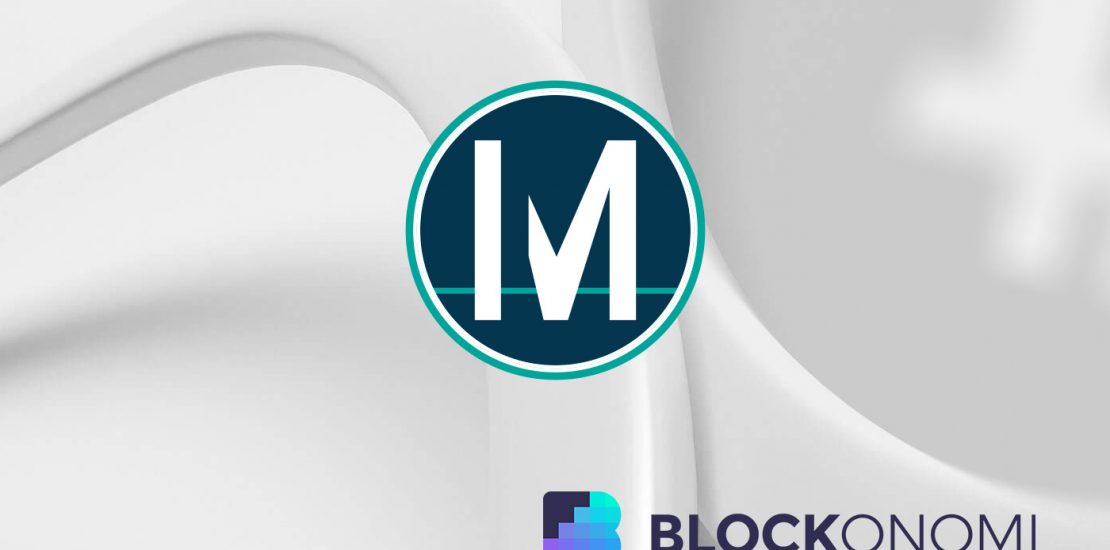- January 21, 2022
- Posted by: admin
- Category: BitCoin, Blockchain, Cryptocurrency, Investments


Money On Chain protocol enables the creation of new Stablecoins Tokens, allowing transactions of innovative financial systems to be free from the volatility of the current cryptocurrencies markets enabling a world where transactions are instant, cost-efficient, and free from the volatility of the current cryptocurrencies markets.
Furthermore, this platform enables international trade to be frictionless so individuals and companies can use the Bitcoin blockchain without facing volatility risks.
Money on Chain hence the best of both worlds, decentralization, security, the immutability of Bitcoin, and the stability of traditional fiat to create such a solution.
Max Carjuzaa, Co-Founder and Contributor of Money on Chain told media:
“The past two years have demonstrated the robustness and outstanding performance of the model, even in the most averse market scenarios. What Money On Chain promised at launch has been successfully delivered and keeps growing.”
Money on Chain protocol is the BPro, a token designed for Bitcoin holders renting their BTC position, which provides free leverage, passive income, and broader flexibility.
The BPro asset is accessible to DoC token holders and notes a better performance than bitcoin. In fact, BPro outperformed BTC by 25%, making it a potent solution. In addition, a free leverage solution allows users to benefit more from BTC price changes.
BPro holders can earn passive income through rBTC rewards, paid for by traders performing leveraged operations. All of the interest paid by BTCx goes to BPro, ensuring the token’s value increases over time. Furthermore, Bpro pays 0.25% of its value to the MoC protocol annually.
On top of that, BPro holders automatically partake in MoC Liquidity Mining Program to earn MoC tokens by holding. Those tokens can be staked for additional rewards, yielding users multiple revenue streams. Plus, every BPro is fully redeemable for Bitcoin at any time.
Money on Chain Makes it Happen
MoC token, Money On Chain staking awards have an annual return of 12.43%. It is more than an attractive figure, yet it only represents one part of the equation.
Bringing the first stablecoin on BTC – collateralized by bitcoin – under the Dollar On Chain (DoC) banner is one of the significant developments the team has achieved over the past two years.
The Money On Chain suite of tools goes much further than the governance token and stablecoin and provides users with other options to increase passive revenue generation and leverage access.
Users exploring the Money On Chain ecosystem can now achieve a 25% return on Bitcoin holdings while still retaining full control of their private keys.
How does the protocol work?
Let’s suppose John is a long-term bitcoin holder. John will find it attractive to buy BitPros with her bitcoins to get a passive income and free leverage. John’s purchase provides liquidity to the protocol.
Sarah instead is not risk prone and prefers to buy DoCs with his Bitcoins. Sarah’s DoCs will use John’s Bitcoins as collateral. Sarah may use his DoCs to make payments at a predictable value.
Finally, Sue, who is prone to risk and wishes to trade with her Bitcoins, takes leveraged positions in BTCX, reducing the volatility of John’s BitPro and paying her for the leverage.
Money On Chain Token (MoC), which has several use cases:
- Governance: Users staking MoC will have the power to vote and veto the platform updates
- Fees Revenue Stream: The MoC’s holders will be able to stake MoCs to earn platform fees and staking rewards.
- Oracle: MoC holders will be able to run an oracle node for an additional revenue stream.
- Platform fees discount: MoC’s holders will have a 50% discount when paying the fees for the use of the platform using MOCs.
It is a Great Platform
It’s pretty easy to see how a platform like Money on chain would be successful. If you think this system makes sense, please click here for more information!
The post Money On Chain Brings Earning to Bitcoin Holders with 25% Return appeared first on Blockonomi.
